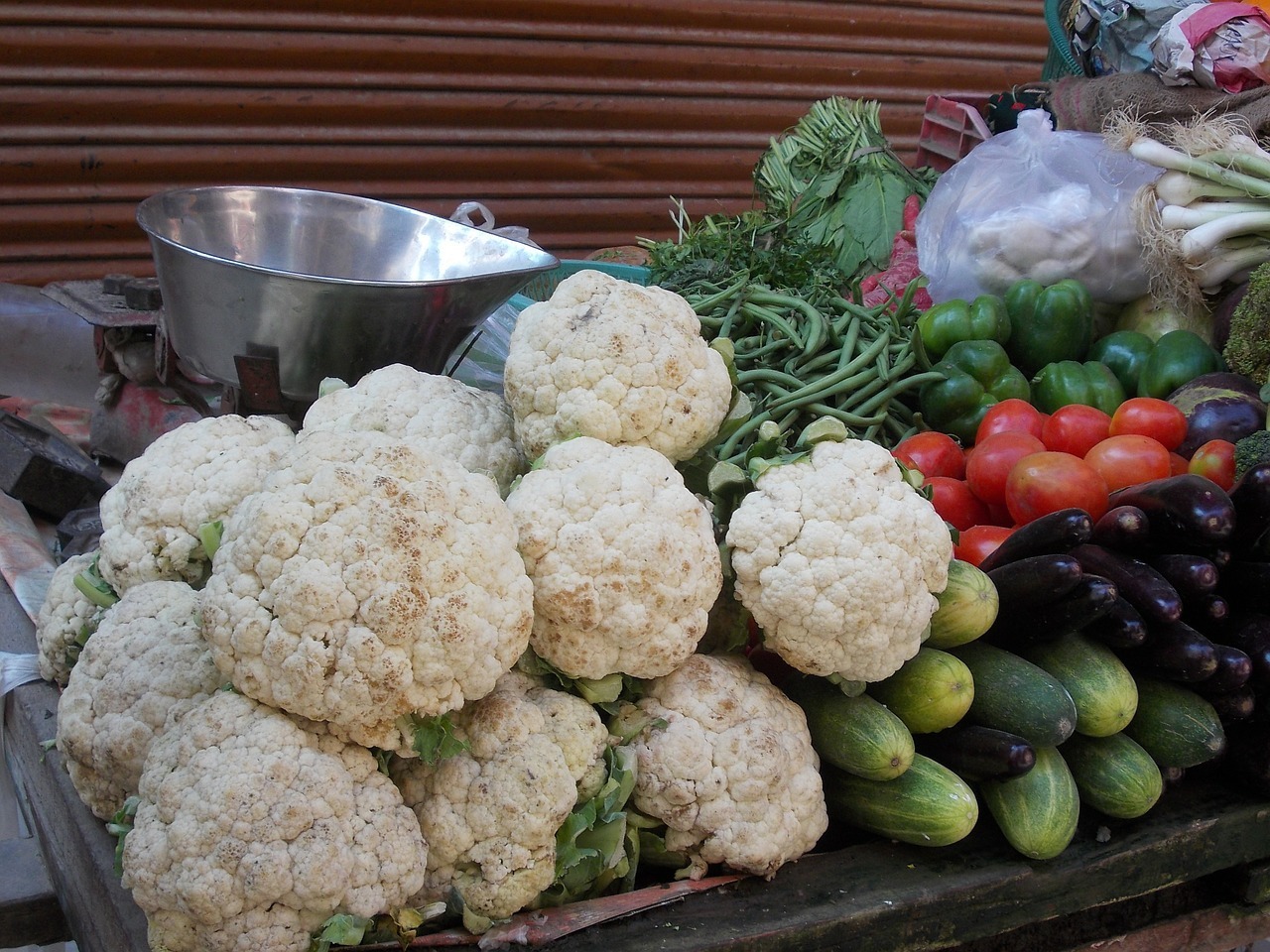I consider myself to be pretty healthy. I eat right, take my vitamins and work out. I used to run everyday, but that’s a different story … I’m in good shape. My favorite snack to eat is vegetables! Salads for breakfast, lunch or dinner. Soups packed with vegetables, grilled vegetables whenever I have the chance, steamed vegetables … you get the point. I choose vegetables because I actually love eating them.
I’m slightly obsessed with eating vegetables and dip. Not just any dip; it has to be the Hidden Valley Ranch packet mixed with a container of sour cream. I have that for a snack throughout the day. Okay, I can eat the entire dip in a day! But I only eat it with fresh vegetables such as carrots, celery, cucumbers, zucchini, broccoli and my favorite, cauliflower! I feel like I’m eating healthy and it’s delicious! No harm done.
The catch is, the next day I am so bloated from the vegetables! I seriously look like I’m five months pregnant! Raw broccoli and cauliflower will bloat your belly! Along with cruciferous veggies, such as kale, cucumbers, and cabbage cause bloating and gas when eaten in their raw form. This is because they’re extremely high in fiber, which can be difficult for your body to break down. Furthermore, cruciferous vegetables contain raffinose, which is a sugar molecule that falls under the FODMAP umbrella.
FODMAP is an acronym that stands for Fermentable Oligosaccharides, Disaccharides, Monosaccharides And Polyols. In simple terms, FODMAPS are a group of indigestible short-chain carbohydrates, or sugar molecules. Since your body is unable to completely digest these sugar molecules, they travel through your GI tract and reach your colon undigested, where the bacteria that live in your colon begin to ferment them. The fermentation can produce gas and bloating.
Wow, lots of info for just a simple vegetable! If you’re finally ready to say goodbye to the food baby, avoid the vegetables that cause bloating … easier said than done! So, if you’ve ever been gassy after eating a plate of broccoli, you can rest assured it’s not your fault—it’s the raffinose!
Cruciferous vegetables provide several essential vitamins and minerals, in addition to the hormone balancing compound Indole-3-Carbinol. So you probably don’t want to leave them out of your diet. Instead, try steaming cruciferous vegetables to help soften their tough fiber and make them easier to digest. You can also increase their digestibility by blending them into a soup with a cup or two of veggie broth after steaming.
